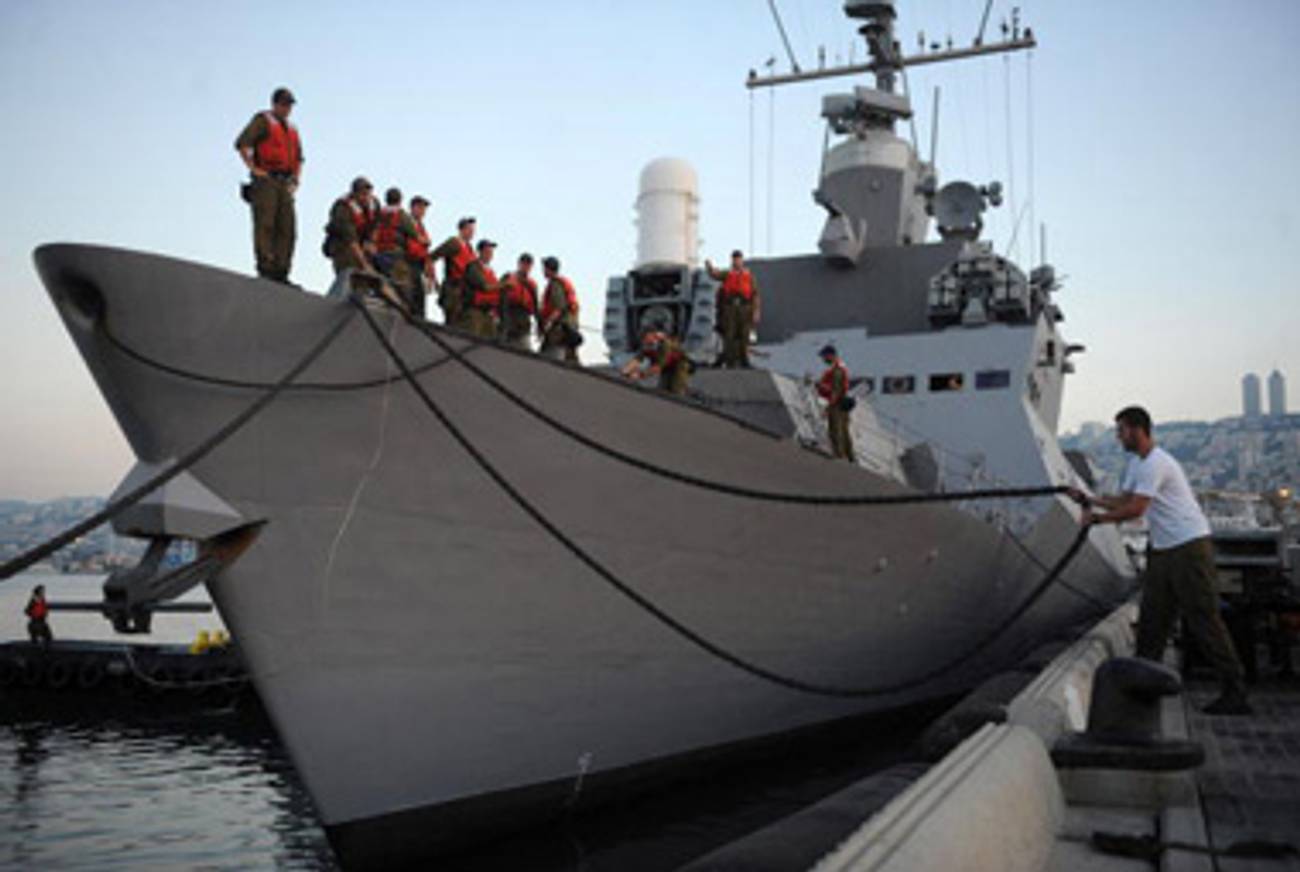Wind In Its Sails?
An update on the Gaza-bound flotilla




Is it true that, as the Yediot Ahronot headline has it, “Gaza Flotilla Losing Momentum”? Actually, if anything, it is gaining it. The largest obstacle appeared to be the Israeli government’s threat to ban foreign journalists aboard the flotillas—on assignment both from left-wing organizations and mainstream bastions like CNN and The New York Times—from entering Israel for ten years. But following a hasty uproar, including from the Israel Press Association, Prime Minister Netanyahu ordered that threat revoked. Most of the boats, including the largest, the American The Audacity of Hope, are reportedly seaworthy. Estimates have the thing leaving Wednesday, arriving Thursday (it’s not a very big sea, the Med; no idea why it took Odysseus ten years to sail about a third of its distance).
As for whether the flotilla will actually successfully run the blockade, that remains quite dubious. With the prime minister’s backing, Israel’s cabinet voted to order the IDF to enforce the blockade while taking care to avoid loss of human life. Israel has even reached an agreement with Egypt’s new government, which after a brief hiatus has essentially resumed its own blockade of Gaza, to unload the flotilla’s cargo at the Egyptian port of El-Arish, check it, and then transfer it by land to Gaza. Of course, the cargo itself isn’t really the point: The Audacity of Hope, for example, claims it is carrying only letters of solidarity addressed to Gazan children; and much of the food and medicine other ships are carrying is already permitted into Gaza through the legally prescribed channels. The point is to draw attention to the blockade by attempting to run it and then being told not to.
Which is why there is some sense in Haaretz’s call, “Let the flotilla go,” the argument being that, since the whole thing is symbolic anyway, why not deny the flotilla its symbolism? To which the response would go that it could be seen to set a precedent for non-symbolic acts; and anyway, symbolism isn’t irrelevant. Whatever happens, only the fanatics have an interest in casualties.
Israel Drops Threat to Deport, Ban Foreign Journalists Aboard Gaza-Bound Flotilla [AP/WP]
Flotilla Organizers: ‘We Are Ready to Sail’ [+972]
Gaza Flotilla Losing Momentum [Ynet]
Cabinet Votes to Stop Gaza Flotilla [Ynet]
Report: Israel, Egypt Agree Gaza Flotilla Can Unload Cargo at El-Arish [Haaretz]
Let The Flotilla Go [Haaretz]
Related: Building Boom in Gaza’s Ruins Belies Misery That Remains [NYT]
Earlier: Why Alice Walker Is Sailing to Gaza
Marc Tracy is a staff writer at The New Republic, and was previously a staff writer at Tablet. He tweets @marcatracy.